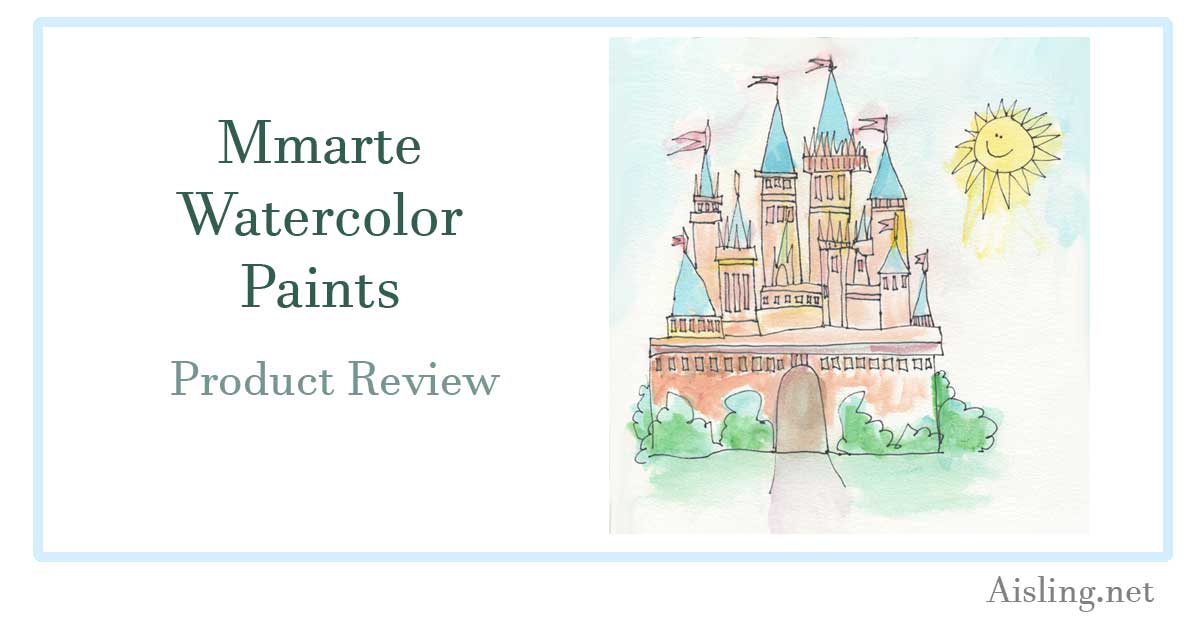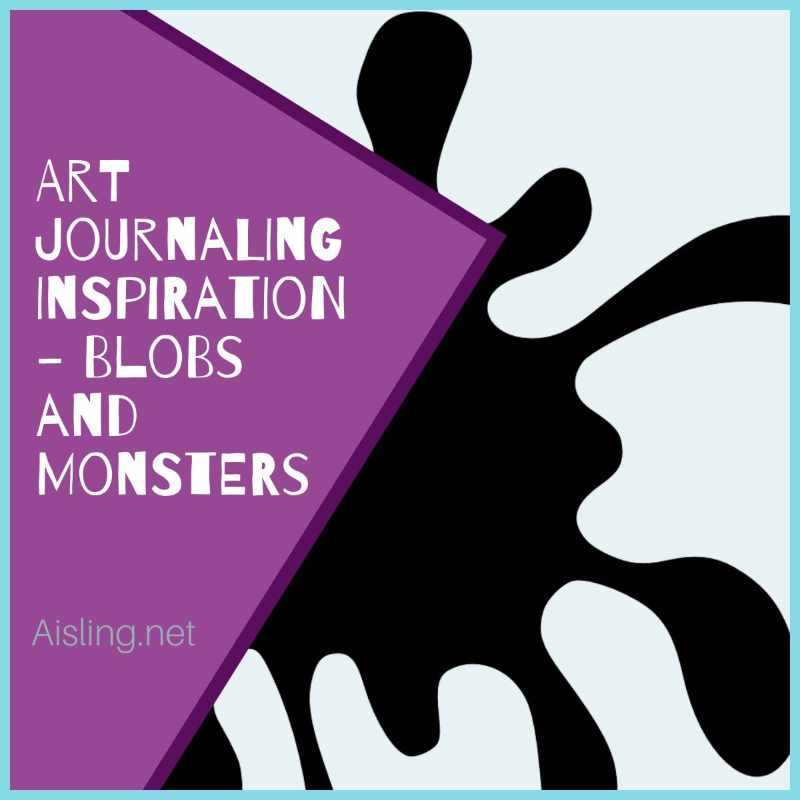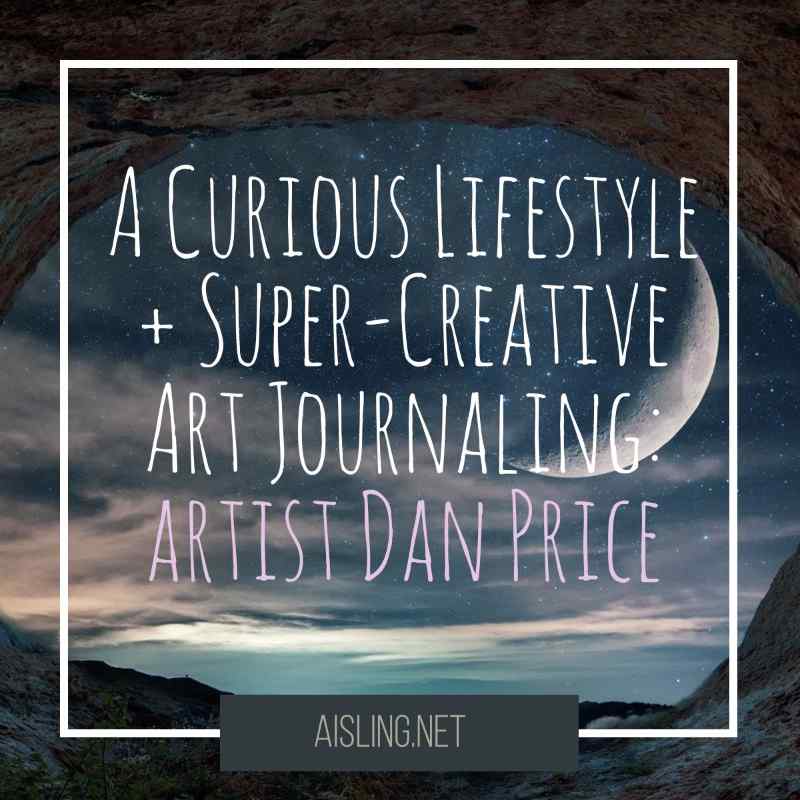Disney Castle Sketch – Mmarte Paints Review
To accurately review Mmarte watercolors, I did a quick sketch (using a fine-point Sharpie pen) and then painted over it using the paints and brushes in the watercolor set. (I gave the set a five-star review, also posted below. Except that the set doesn’t include enough shades of purple, these are fun watercolor supplies.) Here’s […]
Disney Castle Sketch – Mmarte Paints Review Read More »







